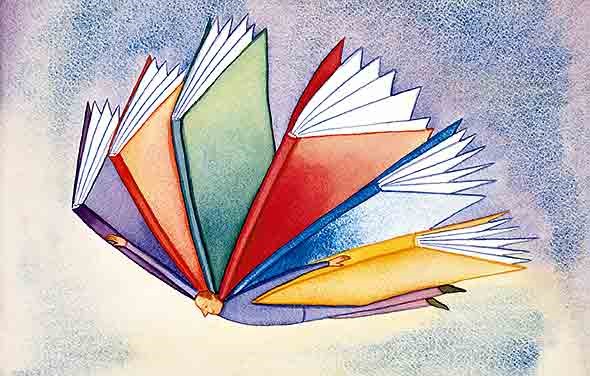Writers might not be aware of the possible levels at which editors can work on a manuscript. As you can see from the list below, the levels of edit vary. Be aware that associated costs vary as well. Before you start working with an editor, try to evaluate the level of edit you need or desire. This evaluation will lay the groundwork for a successful relationship with your editor.
Developmental editor
- Is creative and can come up with unique ideas for products (a book, a magazine article or series, a film or TV script, a Web concept, and so on)
- Knows what will sell in an ever-changing market
- Can recognize a writer who is likely to succeed in producing the work
- Can work very closely and successfully with a writer while recognizing the inherent division of responsibility between the writer and the editor
- Can support the writer in the effort to produce the work while maintaining a critical eye to keep the writer on track
- Can inspire the writer to rework passages that the writer may be sick of reworking
- Is a master of tact who can critique without upsetting or insulting the writer
feels strongly about helping writers produce the best work they are capable of
Substantive editor
- Can analyze a manuscript for the big-picture issues and for organizational, tone, and writing problems
- Can create a “map” to aid the writer in rewriting the work
- Can work successfully and very closely with the writer, while recognizing the inherent division of responsibility between the writer and the editor
- Can support the writer while offering constructive criticism of the material
- Can inspire writers to rework text passages they are sick of
- Is a master of tact who can query and critique without upsetting or insulting the writer
- Can restrain from dealing with the nitty-gritty of copyediting until the big picture work has been completed
- Feels strongly about helping writers produce the best work they are capable of
Line editor
- Can analyze a manuscript for substantive issues; development of theme; completeness of material; and organizational, tone, and writing problems
- Can shape a manuscript for clarity, coverage, organization, and tone
- Can work successfully and very closely with the writer, while recognizing the inherent division of responsibility between the writer and the editor
- Can support the writer while offering constructive criticism of the material
- Can inspire writers to rework text passages they are sick of
- Is a master of tact who can query and critique without upsetting or insulting the writer
- Can restrain from dealing with the nitty-gritty of copyediting until the big picture work has been completed
- Feels strongly about helping writers produce the best work they are capable of
Copy editor
- Possesses a strong set of editorial skills (knowledge of grammar, usage, syntax, punctuation, styling)
- Has excellent organization skills and a critical nature
- Is an intelligent reader with good time-management skills
- Has a thorough knowledge of the style to be applied to the manuscript and can create a comprehensive style sheet
- Is a master of tact who can query without upsetting or insulting the author
- Cares deeply about details and consistency
- Feels strongly about helping writers produce the best work they are capable of
As you evaluate your manuscript, remember that not all editors possess all the skills listed. Editors often specialize in one of these four levels of editing. Some may shine at developmental editing but cannot copyedit with the required rigor. A masterful copy editor may not be able to see the substantive flaws in a work and may not be able to shape it as a skilled line editor could. The “split” in skill involves being able to look at either the big picture—the forest—OR the details—the trees.
That dual vision is not always present in one editor.

Thanks for your post, Alice. With the various distinctions between editing services and skills, it’s no wonder people get confused!